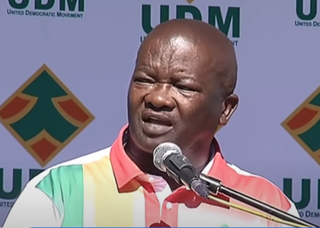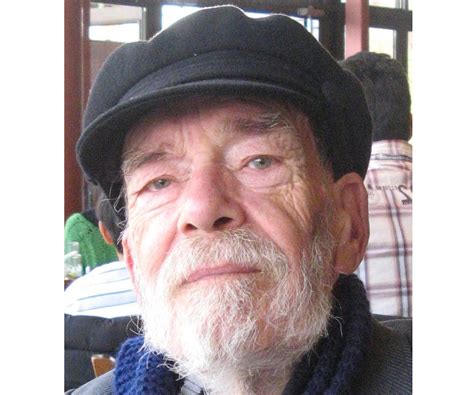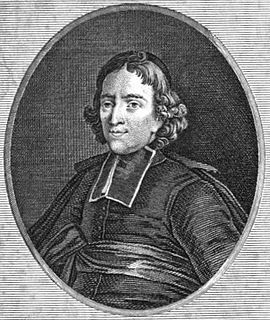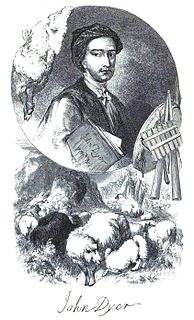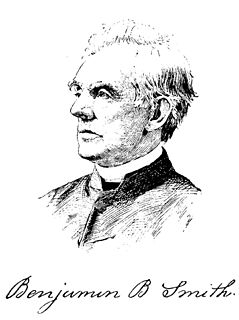A Quote by H. L. Mencken
The Jews could be put down very plausibly as the most unpleasant race ever heard of. As commonly encountered they lack any of the qualities that mark the civilized man: courage, dignity, incorruptibility, ease, confidence. They have vanity without pride, voluptuousness without taste, and learning without wisdom. Their fortitude, such as it is, is wasted upon puerile objects, and their charity is mainly a form of display.
Related Quotes
Love of goodness without love of learning degenerates into simple-mindedness. Love of knowledge without love of learning degenerates into utter lack of principle. Love of faithfulness without love of learning degenerates into injurious disregard of consequences. Love of uprightness without love of learning degenerates into harshness. Love of courage without love of learning degenerates into insubordination. Love of strong character without love of learning degenerates into mere recklessness.
Muscles without strength, friendship without trust, opinion without risk, change without aesthetics, age without values, food without nourishment, power without fairness, facts without rigor, degrees without erudition, militarism without fortitude, progress without civilization, complication without depth, fluency without content; these are the sins to remember.
Near this spot are deposited the remains of one who possessed beauty without vanity, strength without insolence, courage without ferocity, and all the virtues of man, without his vices. This praise, which would be unmeaning flattery if inscribed over human ashes, is but a just tribute to the memory of Botswain, a dog.
You must be respectful and assenting, but without being servile and abject. You must be frank, but without indiscretion, and close, without being costive. You must keep up dignity of character, without the least pride of birth, or rank. You must be gay, within all the bounds of decency and respect; and grave, without the affectation of wisdom, which does not become the age of twenty. You must be essentially secret, without being dark and mysterious. You must be firm, and even bold, but with great seeming modesty.
Love without courage and wisdom is sentimentality, as with the ordinary church member. Courage without love and wisdom is foolhardiness, as with the ordinary soldier. Wisdom without love and courage is cowardice, as with the ordinary intellectual. But the one who has love, courage and wisdom moves the world.
To claim that the souls of men will be happy or unhappy after the death of the body, is to pretend that man will be able to see without eyes, to hear without ears, to taste without a palate, to smell without a nose, and to feel without hands and without skin. Nations who believe themselves very rational, adopt, nevertheless, such ideas.
He was a foe without hate; a friend without treachery; a soldier without cruelty; a victor without oppression, and a victim without murmuring. He was a public officer without vices; a private citizen without wrong; a neighbor without reproach; a Christian without hypocrisy, and a man without guile. He was a Caesar, without his ambition; Frederick, without his tyranny; Napoleon, without his selfishness, and Washington, without his reward.
We may live without poetry, music and art; We may live without conscience, and live without heart; We may live without friends; we may live without books; But civilized man cannot live without cooks. . . . He may live without books,-what is knowledge but grieving? He may live without hope,-what is hope but deceiving? He may live without love,-what is passion but pining? But where is the man that can live without dining?
He was Caesar and Pope in one; but he was Pope without Pope's pretensions, Caesar without the legions of Caesar: without a standing army, without a bodyguard, without a palace, without a fixed revenue; if ever any man had the right to say that he ruled by the right divine, it was Mohammed, for he had all the power without its instruments and without its supports.



